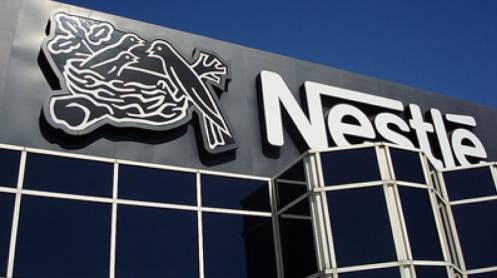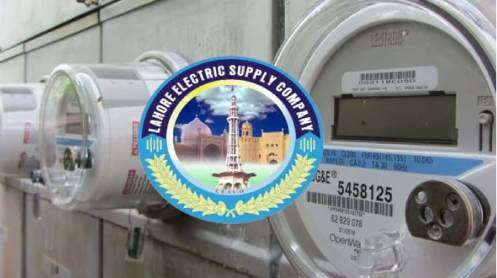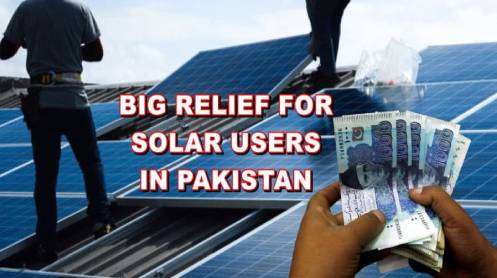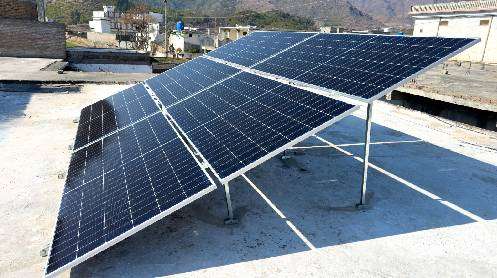Renewable energy and sustainable plastics for a sustainable tomorrow
LAHORE: Building on its strong foundation, Nestlé Pakistan published its 2023 Creating Shared Value (CSV) Report, ‘Powering a Sustainable Tomorrow’ highlighting its commitments on climate action, sustainable plastics, regenerative agriculture, renewable energy and water regeneration, in line with the United Nations Sustainable Development Goals (UN SDGs).
Highlighting Nestlé’s efforts, Jason Avanceña, CEO, Nestlé Pakistan, said, “We are committed to be a force for good throughout our value chain by creating shared value and delivering on our sustainability agenda. From reducing our carbon footprint to taking another step closer to a waste-free future by creating awareness, enlightening the younger generations about nutrition, enabling rural women to become financially empowered – our efforts on ground have made a positive impact in many ways.”
“As part of our renewable energy strategy, we powered our 2.5MW and 2.6MW solar power plants at our factories in Kabirwala and Sheikhupura.” he added.
Highlighting some of Nestlé’s other initiatives, Sheikh Waqar Ahmad, Head of Corporate Affairs & Sustainability said, “Nestlé, under the Clean Gilgit-Baltistan Project (CGBP), has donated compressing and baling machines in Gilgit, Hunza and Skardu, and installed benches and waste bins made of recycled plastic at popular tourist hotpots. In 2023, the project facilitated waste management of 2600 tons of plastic packaging in the region.”
Preserving water resources and regeneration is part of Nestlé’s legacy and under the Caring for Water – Pakistan initiative, drip irrigation was operational across 128 acres in Punjab and 183 acres in Sindh, while smart soil moisture sensors on 548 acres. “With these efforts, Nestlé is advancing regenerative agriculture across its value chain.”
Nestlé also worked closely with its 11 partner schools under the Nestlé for Healthier Kids (N4HK) program to increase nutritional awareness in children. Today, the program has reached out to 2300 teachers and 360,000 children.
Through the Nestlé BISP Rural Women Sales Program, in collaboration with Akhuwat Foundation, the company is supporting rural women to achieve financial empowerment. This year, the program increased the number of enrolled BISP beneficiaries as sales agents to nearly 3000, across 28 districts in Pakistan.
Nestlé is dedicated to taking collective action with stakeholders to accelerate efforts to protect, renew, and restore the planet and ensure that food systems continue to nourish people for generations to come.







